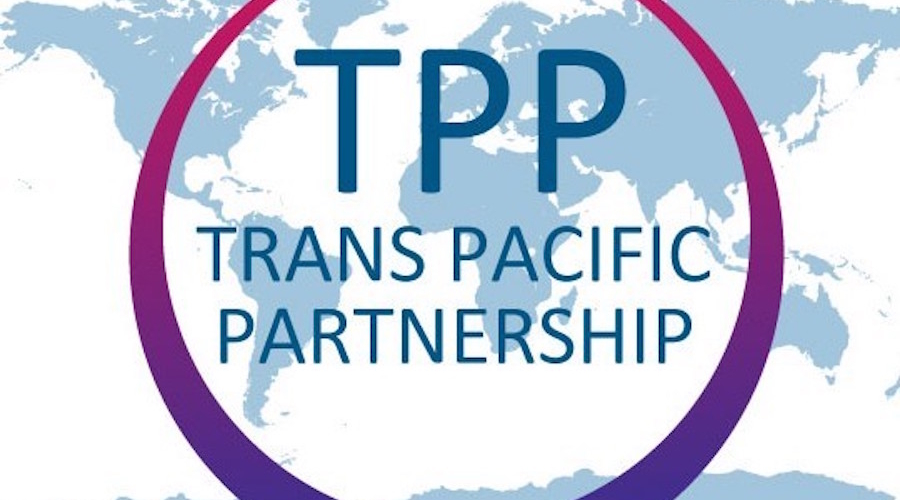On his fourth day in office, President Trump signed an executive order formally withdrawing the U.S. from the Trans-Pacific Partnership (TPP) trade deal.
Ending TPP was one of the clarion calls of Trump’s campaign, part of a global backlash against the drive toward greater internationalization that has defined the world economy since the end of World War II. Fulfilling a campaign pledge, the Republican had said the trade deal would have damaged U.S. manufacturing.
In a video released on his Facebook page on November 22, Trump stated, “On trade, I am going to issue our notification of intent to withdraw from the Trans-Pacific Partnership, a potential disaster for our country. Instead, we will negotiate fair, bilateral trade deals that bring jobs and industry back onto American shores.”
Trump said in brief remarks on Monday, ‘‘Great thing for the American worker that we just did.”
In his inauguration speech, Trump reiterated his call for an “America first” policy, saying every decision on trade as well as taxes and foreign policy, would be made to benefit American workers and American families.
Promoted by Washington and signed by 12 countries in 2015, the TPP had yet to go into effect and U.S. withdrawal is likely to sound its death knell.
The pact was the cornerstone of Obama’s attempt to counter China’s influence in Asia. The Obama administration labored for years to finalize TPP. TPP proponents, including Nike, say boosting exports and opening markets for U.S. companies will lead to more jobs, not less.
But Obama’s own Democratic Party was skeptical of the pact, and the former president never sent it to Congress for ratification.
Trump had already signaled on Friday plans for renegotiation of NAFTA, the free trade agreement between the US, Mexico and Canada. The NAFTA deal allows multinational companies to produce everything from planes to household gadgets using labor from multiple countries. It was drafted by previous Republican administrations including President George H W Bush and signed through by President Bill Clinton in 1994.
The new president also met Monday with a dozen American manufacturers at the White House, including Kevin Plank of Under Armour. He pledged to slash government regulations by at least 75 percent and cut corporate taxes while also warning them he would take action on trade deals he felt were unfair. He also again threatened to impose a “substantial border tax” on companies that move production out of the country.
















